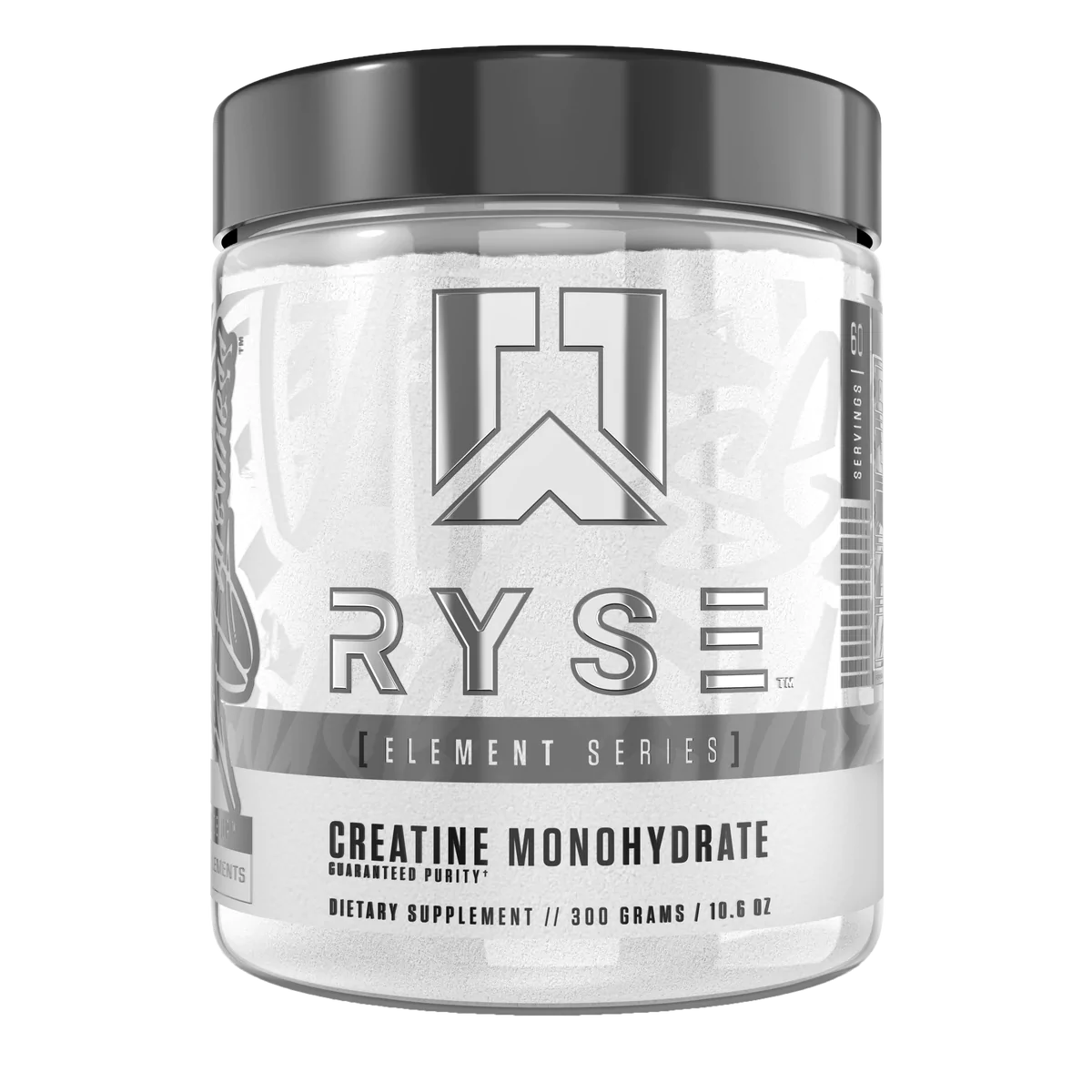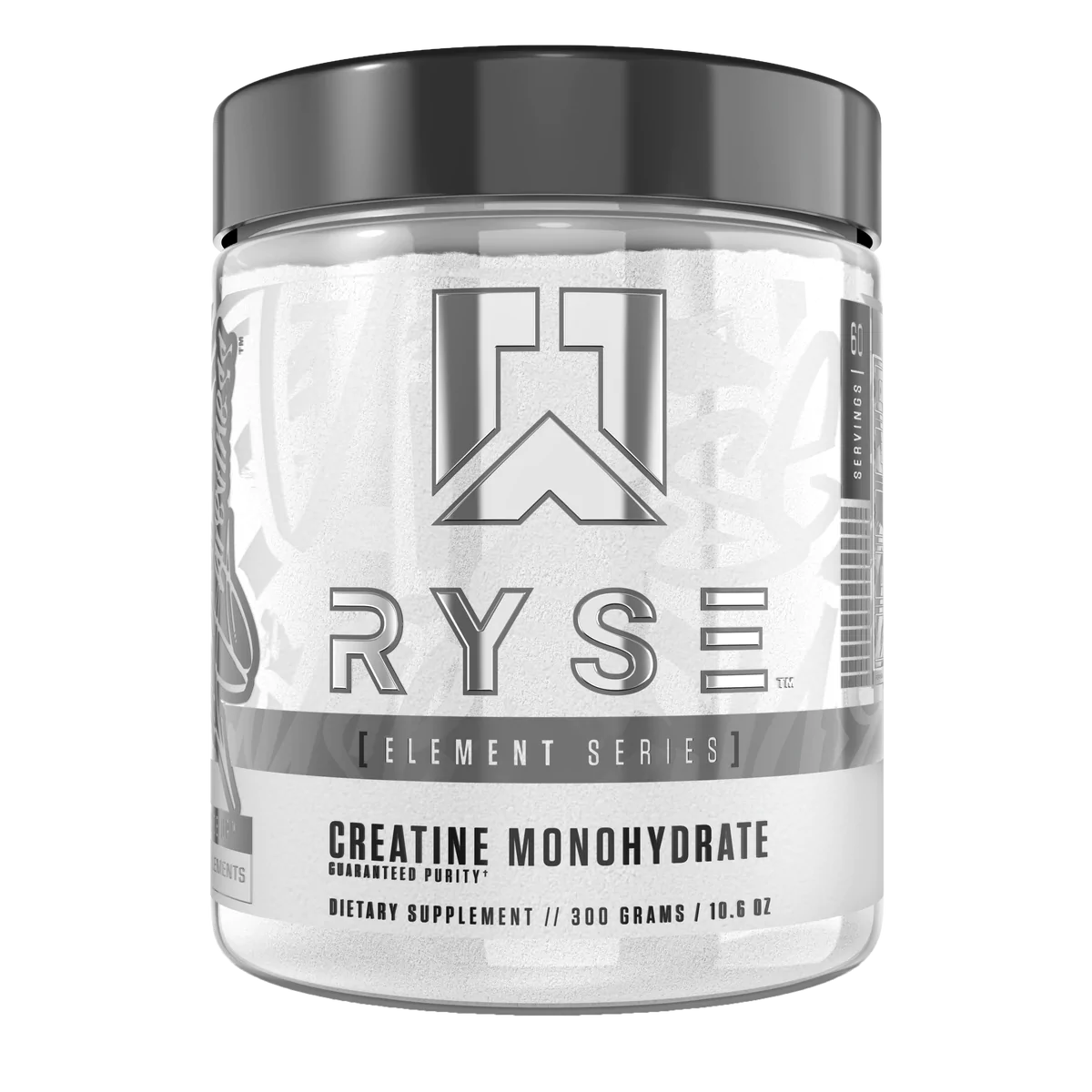Creatine is a natural substance that is found in the human body and in certain foods like meat and fish. It is also available as a dietary supplement, and is popular among athletes and bodybuilders because of its ability to increase muscle mass and improve athletic performance.
One of the primary ways that creatine works is by providing energy to cells, specifically muscle cells. When a person engages in high-intensity exercise, their muscles use ATP (adenosine triphosphate) as a source of energy. Creatine helps to replenish ATP levels in the body, allowing for more intense and longer-lasting workouts.
In addition to increasing muscle mass and improving athletic performance, research has also shown that creatine may have other potential health benefits. Some studies have suggested that it may help to improve brain function, decrease muscle damage, and reduce the risk of injury.
Despite its potential benefits, it is important to note that not everyone needs to take a creatine supplement. If a person is getting enough creatine from their diet, they may not see any additional benefits from taking a supplement.
One of the main concerns about creatine is the potential for kidney damage. Some early studies suggested that high doses of creatine might impair kidney function, but more recent and well-controlled studies have found no such effects. In fact, a review of the available evidence concluded that creatine has no negative effects on kidney function in healthy individuals.
Another concern about creatine is the potential for weight gain. Some people worry that creatine will cause them to retain water or gain fat. However, most of the weight gain that occurs with creatine supplementation is due to increased muscle mass, not fat. In fact, some studies have shown that creatine can help reduce body fat levels.
Creatine may also have some other potential health benefits. It has been shown to improve brain function and may have neuroprotective effects. It has also been suggested that creatine may be beneficial for people with certain medical conditions, such as Parkinson's disease and Huntington's disease. However, more research is needed to confirm these potential benefits.
In conclusion, creatine is a safe and effective supplement that has been extensively studied. It has been found to be safe for most people when taken at recommended doses and may have some potential health benefits. As with any supplement, it is always a good idea to speak with a healthcare provider before starting use, especially if you have a pre-existing medical condition or are taking any medications.






Leave a comment
This site is protected by hCaptcha and the hCaptcha Privacy Policy and Terms of Service apply.